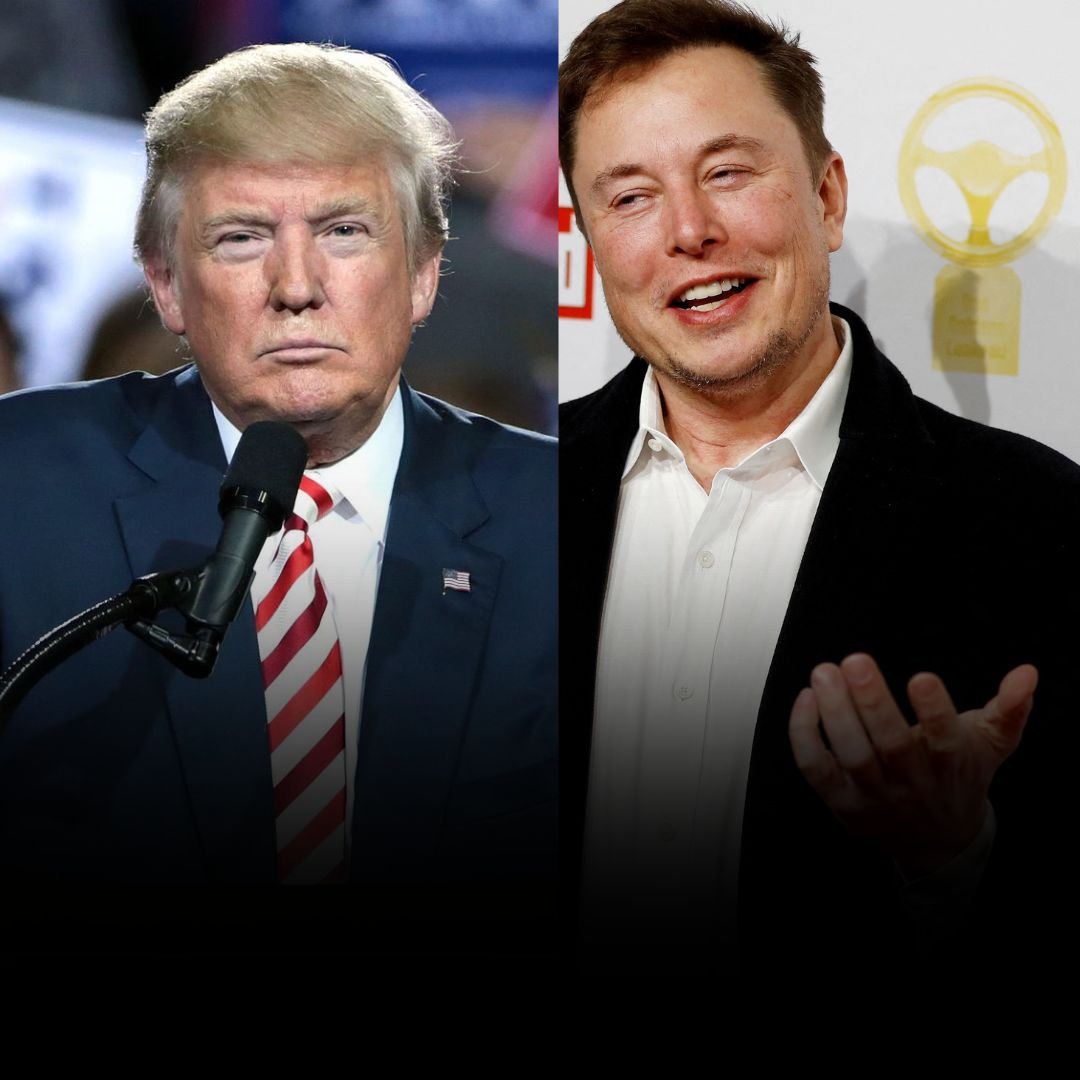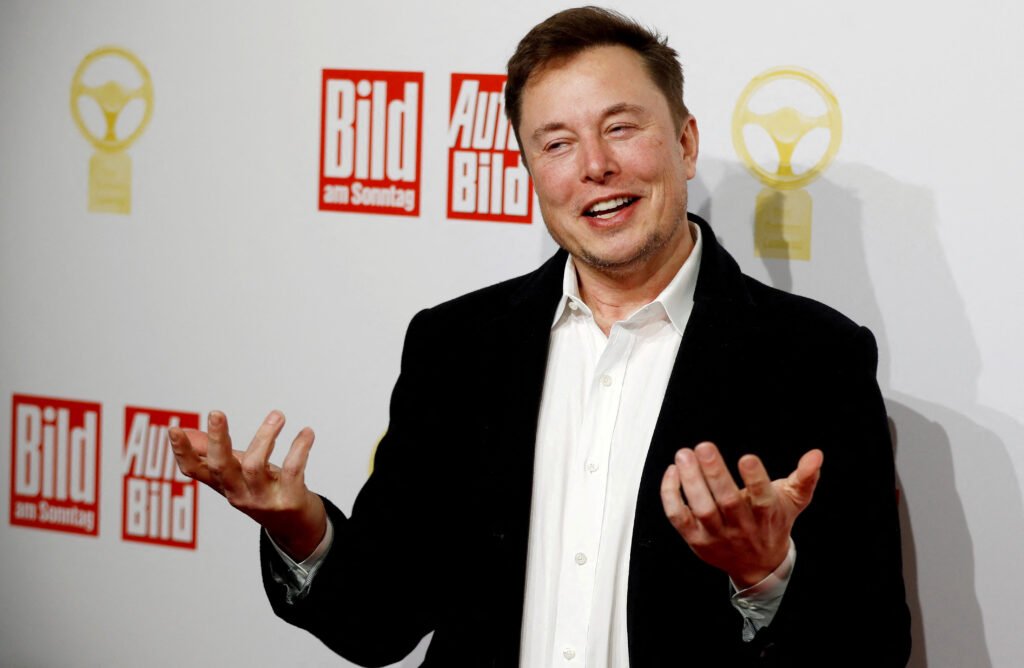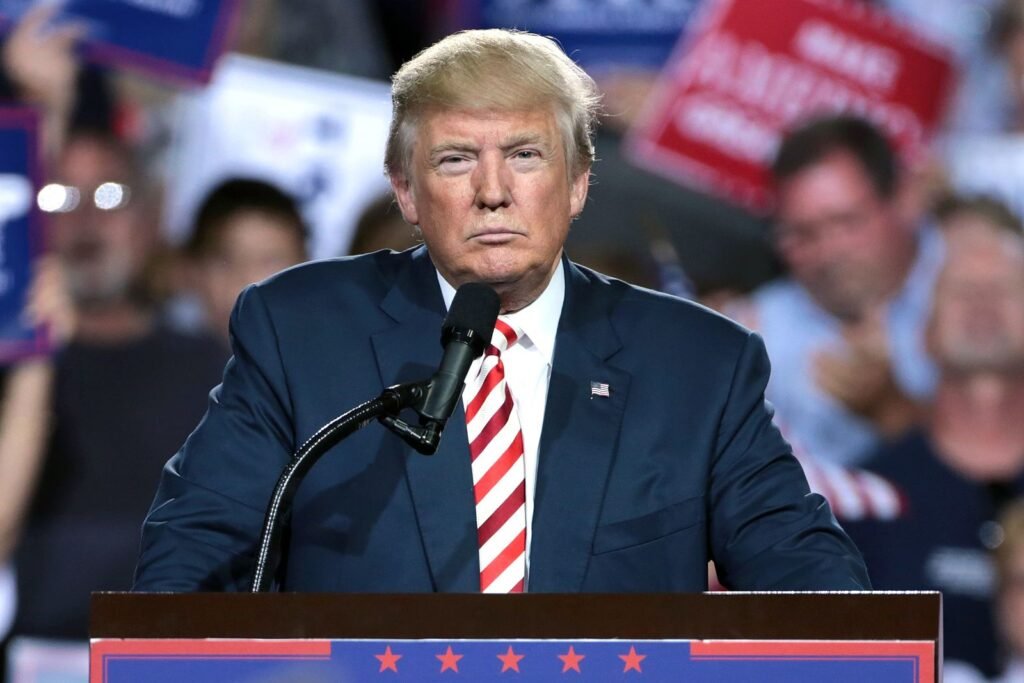Business
Startups Can Help Corporates Innovate 50% Faster? How You Can Benefit
In today’s rapidly evolving business landscape, innovation is the key to staying competitive. Surprisingly, many corporations are discovering that collaborating with startups can significantly accelerate their innovation processes. In fact, evidence suggests that partnering with startups can help corporates innovate up to 50% faster. Let’s explore how you can leverage this powerful synergy to drive your company’s growth and success.
The innovation gap between startups and established corporations is well-documented. Startups are known for their agility, fresh perspectives, and willingness to take risks. They often think outside industry norms and have the potential to disrupt existing markets or create entirely new ones. This innovative approach can be a game-changer for corporates looking to stay ahead of the curve.
A McKinsey survey revealed that top-performing companies innovated nearly twice as fast as their counterparts during the first year of the pandemic. This statistic underscores the critical importance of rapid innovation in today’s business environment. By partnering with startups, corporates can tap into this speed and agility, potentially cutting their innovation timelines in half.
So, how can you leverage this startup-driven innovation boost? Here are some strategies to consider:
1. Open Challenges: Launch open calls for startups that meet specific criteria. This approach allows you to identify new technologies and industry trends early on.
2. Corporate Accelerators: Implement structured programs that provide startups with mentoring, expert matching, and resources. This longer-term relationship helps evaluate potential synergies.
3. Venture Client Model: Engage in commercial collaborations where startups become suppliers. This hands-on approach helps identify innovative technologies and product providers that can enhance your competitiveness.
4. Corporate Venture Capital (CVC): Establish an investment fund to invest in promising startups. This not only provides financial returns but also gives you a stake in cutting-edge innovations.
The benefits of these collaborations extend beyond just speed. Startups bring fresh viewpoints, dedication to their ideas, and a willingness to challenge the status quo. They operate with small but complete teams, learn quickly, and are unencumbered by legacy systems or thinking. These qualities can inject new life into corporate innovation efforts.
Moreover, startups often excel at developing initial prototypes but may lack the resources and expertise to scale. This is where corporates can provide immense value, offering their experience in scaling operations and bringing products to market. It’s a win-win situation that combines the best of both worlds.
To make these collaborations successful, it’s crucial to establish clear communication, set mutual goals, and maintain flexibility[1]. Be prepared to adapt quickly to feedback and market changes. Remember, 75% of startups consider corporate collaboration crucial, yet only 27% are satisfied with their corporate relationships. This gap represents a significant opportunity for corporates willing to invest in meaningful partnerships.
By embracing startup collaborations, you’re not just accelerating innovation – you’re future-proofing your business. You’re tapping into a global network of ideas and technologies that can keep you at the forefront of your industry. Whether it’s developing new products, improving internal processes, or exploring new markets, startups can be your catalyst for rapid, meaningful innovation.
In conclusion, the potential to innovate 50% faster through startup collaborations is not just a possibility – it’s a reality that forward-thinking corporations are already leveraging. By implementing the right strategies and fostering a culture of open innovation, you can harness this power to drive your company’s growth and maintain a competitive edge in today’s fast-paced business world. Don’t let this opportunity pass you by – start exploring how startup collaborations can supercharge your innovation efforts today.
Stay Connected
Unlock impactful advertising opportunities with Bolanle Media. Our expert team crafts immersive experiences that captivate audiences, driving brand engagement and memorability. Let’s elevate your brand’s marketing strategy together.
Business
Pros and Cons of the Big Beautiful Bill

The “Big Beautiful Bill” (officially the One Big Beautiful Bill Act) is a sweeping tax and spending package passed in July 2025. It makes permanent many Trump-era tax cuts, introduces new tax breaks for working Americans, and enacts deep cuts to federal safety-net programs. The bill also increases spending on border security and defense, while rolling back clean energy incentives and tightening requirements for social programs.

Pros
1. Tax Relief for Middle and Working-Class Families
- Makes the 2017 Trump tax cuts permanent, preventing a scheduled tax hike for many Americans.
- Introduces new tax breaks: no federal income tax on tips and overtime pay (for incomes under $150,000, with limits).
- Doubles the Child Tax Credit to $2,500 per child through 2028.
- Temporarily raises the SALT (state and local tax) deduction cap to $40,000.
- Creates “Trump Accounts”: tax-exempt savings accounts for newborns.
2. Support for Small Businesses and Economic Growth
- Makes the small business deduction permanent, supporting Main Street businesses.
- Expands expensing for investment in short-lived assets and domestic R&D, which is considered pro-growth.
3. Increased Spending on Security and Infrastructure
- Allocates $175 billion for border security and $160 billion for defense, the highest peacetime military budget in U.S. history.
- Provides $12.5 billion for air traffic control modernization.
4. Simplification and Fairness in the Tax Code
- Expands the Earned Income Tax Credit (EITC) and raises marginal rates on individuals earning over $400,000.
- Closes various deductions and loopholes, especially those benefiting private equity and multinational corporations.

Cons
1. Deep Cuts to Social Safety Net Programs
- Cuts Medicaid by approximately $930 billion and imposes new work requirements, which could leave millions without health insurance.
- Tightens eligibility and work requirements for SNAP (food assistance), potentially removing benefits from many low-income families.
- Rolls back student loan forgiveness and repeals Biden-era subsidies.
2. Increases the Federal Deficit
- The bill is projected to add $3.3–4 trillion to the federal deficit over 10 years.
- Critics argue that the combination of tax cuts and increased spending is fiscally irresponsible.
3. Benefits Skewed Toward the Wealthy
- The largest income gains go to affluent Americans, with top earners seeing significant after-tax increases.
- Critics describe the bill as the largest upward transfer of wealth in recent U.S. history.
4. Rollback of Clean Energy and Climate Incentives
- Eliminates tax credits for electric vehicles and solar energy by the end of 2025.
- Imposes stricter requirements for renewable energy developers, which could lead to job losses and higher electricity costs.

5. Potential Harm to Healthcare and Rural Hospitals
- Reduces funding for hospitals serving Medicaid recipients, increasing uncompensated care costs and threatening rural healthcare access.
- Tightens verification for federal premium subsidies under the Affordable Care Act, risking coverage for some middle-income Americans.
6. Public and Political Backlash
- The bill is unpopular in public polls and is seen as a political risk for its supporters.
- Critics warn it will widen the gap between rich and poor and reverse progress on alternative energy and healthcare.
Summary Table
| Pros | Cons |
|---|---|
| Permanent middle-class tax cuts | Deep Medicaid and SNAP cuts |
| No tax on tips/overtime for most workers | Millions may lose health insurance |
| Doubled Child Tax Credit | Adds $3.3–4T to deficit |
| Small business support | Benefits skewed to wealthy |
| Increased border/defense spending | Clean energy incentives eliminated |
| Simplifies some tax provisions | Threatens rural hospitals |
| Public backlash, political risk |
In summary:
The Big Beautiful Bill delivers significant tax relief and new benefits for many working and middle-class Americans, but it does so at the cost of deep cuts to social programs, a higher federal deficit, and reduced support for clean energy and healthcare. The bill is highly polarizing, with supporters touting its pro-growth and pro-family provisions, while critics warn of increased inequality and harm to vulnerable populations.
Business
Trump Threatens to ‘Take a Look’ at Deporting Elon Musk Amid Explosive Feud

The escalating conflict between President Donald Trump and Elon Musk reached a new peak this week, as Trump publicly suggested he would consider deporting the billionaire entrepreneur in response to Musk’s fierce criticism of the president’s signature tax and spending bill.

“I don’t know, we’ll have to take a look,” Trump told reporters on Tuesday when asked directly if he would deport Musk, who was born in South Africa but has been a U.S. citizen since 2002.
This threat followed a late-night post on Trump’s Truth Social platform, where he accused Musk of being the largest recipient of government subsidies in U.S. history. Trump claimed that without these supports, Musk “would likely have to shut down operations and return to South Africa,” and that ending such subsidies would mean “no more rocket launches, satellites, or electric vehicle production, and our nation would save a FORTUNE”.
Trump also invoked the Department of Government Efficiency (DOGE)—a federal agency Musk previously led—as a potential tool to scrutinize Musk’s companies. “We might have to put DOGE on Elon. You know what DOGE is? The DOGE is the monster that might have to go back and eat Elon,” Trump remarked, further intensifying the feud.

Background to the Feud
The rupture comes after Musk’s repeated attacks on Trump’s so-called “Big, Beautiful Bill,” a comprehensive spending and tax reform proposal that Musk has labeled a “disgusting abomination” and a threat to the nation’s fiscal health. Musk, once a Trump ally who contributed heavily to his election campaign and served as a government advisor, has called for the formation of a new political party, claiming the bill exposes the need for an alternative to the current two-party system.
In response, Trump’s allies have amplified questions about Musk’s citizenship and immigration history, with some suggesting an investigation into his naturalization process. However, legal experts note that deporting a naturalized U.S. citizen like Musk would be extremely difficult. The only path would involve denaturalization—a rare and complex legal process requiring proof of intentional fraud during the citizenship application, a standard typically reserved for the most egregious cases.
Political Fallout
Musk’s criticism has rattled some Republican lawmakers, who fear the feud could undermine their party’s unity ahead of the 2026 midterm elections. Meanwhile, Musk has doubled down on his opposition, warning he will support primary challengers against Republicans who back Trump’s bill.
Key Points:
- Trump has publicly threatened to “take a look” at deporting Elon Musk in retaliation for Musk’s opposition to his legislative agenda.
- Legal experts say actual deportation is highly unlikely due to the stringent requirements for denaturalizing a U.S. citizen.
- The feud marks a dramatic reversal from the pair’s earlier alliance, with both men now trading barbs over social media and in public statements.
As the dispute continues, it has become a flashpoint in the broader debate over government spending, corporate subsidies, and political loyalty at the highest levels of American power.
Business
Diddy Faces Life Sentence as Jury Deliberates

Sean “Diddy” Combs, the influential music mogul and entrepreneur, is facing the possibility of spending the rest of his life behind bars as a New York federal jury continues deliberations in his high-profile sex trafficking and racketeering trial.

After more than five hours of deliberation on Monday, the 12-member jury—composed of eight men and four women—had not reached a verdict and is set to resume discussions today. The panel is tasked with deciding whether prosecutors have proven beyond a reasonable doubt that Combs orchestrated a criminal enterprise that trafficked women for sex and engaged in other serious crimes over a period spanning nearly two decades.
Prosecutors allege that Combs, 55, used his wealth, celebrity, and network of employees to coerce and intimidate two former romantic partners—singer Cassie Ventura and another woman identified as “Jane”—into participating in what were described as drug-fueled “freak offs,” involving commercial sex acts with male escorts while Combs watched or filmed. They further claim he maintained control through threats of violence, kidnapping, and arson, and that he used his business empire as a front for these illicit activities.
Combs has pleaded not guilty to all charges, which include:
- One count of racketeering conspiracy
- Two counts of sex trafficking by force, fraud, or coercion
- Two counts of transportation for the purpose of prostitution

If convicted of the most serious charges, Combs faces a mandatory minimum sentence of 15 years and a maximum of life in prison. The racketeering charge alone could result in a life sentence if the jury finds he committed at least two of the eight underlying crimes alleged by prosecutors, including sex trafficking, kidnapping, bribery, and narcotics distribution.
The defense argues that the government is unfairly criminalizing Combs’ private sexual conduct, characterizing the events as consensual and part of a swinger lifestyle rather than criminal acts. Combs chose not to testify in his own defense, with his legal team focusing on cross-examining dozens of prosecution witnesses, including former employees who testified under immunity.
Deliberations have not been without drama. The jury sent a note to Judge Arun Subramanian expressing concern that one juror was struggling to follow instructions, prompting the judge to remind all members of their duty to deliberate fairly and according to the law. The panel also sought clarification on the legal standards surrounding narcotics distribution, a key element in the racketeering charge, which the judge is expected to address today.
As the world watches, Combs’ fate now rests in the hands of the jury. There is no set timeline for a verdict, and the deliberations could continue for several days. If acquitted, Combs would be released immediately; if convicted, he could face a life sentence, marking a dramatic fall for one of hip-hop’s most prominent figures.

 Advice1 week ago
Advice1 week agoWhat SXSW 2025 Filmmakers Want Every New Director to Know

 Film Industry2 weeks ago
Film Industry2 weeks agoFilming Yourself and Look Cinematic

 Politics3 weeks ago
Politics3 weeks agoBolanle Newsroom Brief: Israel Strikes Iran’s Nuclear Sites — What It Means for the World

 News5 days ago
News5 days agoFather Leaps Overboard to Save Daughter on Disney Dream Cruise

 Advice1 week ago
Advice1 week agoWhy 20% of Us Are Always Late

 Health4 days ago
Health4 days agoMcCullough Alleges Government Hid COVID Vaccine Side Effects

 Entertainment3 weeks ago
Entertainment3 weeks agoThe Hidden Reality Behind Victoria’s Secret

 Advice1 week ago
Advice1 week agoHow to Find Your Voice as a Filmmaker








































